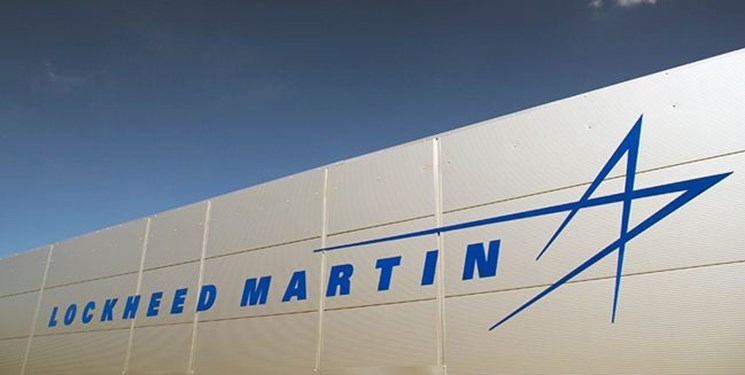Lockheed Martin’s indefensible record in Iraq.
An Iraqi website published a report detailing the performance of the American company “Lockheed Martin” in Iraq and the waiver of its obligations under the agreements signed with Baghdad.
An Iraqi news site published a report detailing the operations of Lockheed Martin Corporation, an American aerospace, military equipment and intelligence company in the Iraqi Air Force.
“Lockheed Martin is a private military-industrial company controlled by the US government and most importantly,” Its products are F-16, F-35 and … aircraft. The company deals with a range of countries, most of which are wholly or partly controlled by Washington; “Like Saudi Arabia, Bahrain, Iraq, etc., while it has been sanctioned by the Chinese government over suspicious arms deals with Taiwan.”
Lockheed Martin is the world’s largest contractor for the weapons industry, and more than 7.1 percent of the US Department of Defense’s total budget is spent annually on equipment purchases.
Lockheed Martin is the world’s largest contractor for the weapons industry, and more than 7.1 percent of the US Department of Defense’s total budget is spent annually on equipment purchases.
In Iraq, a $ 4.3 billion contract was signed with the company in 2011 to supply and maintain F-16 aircraft, according to the report. The company – like other American companies operating in Iraq – did not play the role outlined in the contract, but carried out the US government’s plans and demands.
In early 2020, the company fired its staff at Balad Air Base, 40 miles north of Baghdad, under the pretext of the Corona virus, much to the dismay of the Iraqi Air Force, as most of the planes failed to repair and Maintenance decommissioned. The Iraqi Air Force had to build spare parts to be able to use the aircraft, which is against the contract, because it was stipulated not to use foreign spare parts, and if that was done, the aircraft would be out of warranty.
Accordingly, Lockheed Martin put Iraq in a tight spot. On the one hand, it did not play its role in training the Iraqi cadres to maintain the aircraft, and on the other hand, during the retreat, it took all the spare parts of the aircraft and the Iraqi side was forced to produce these parts internally, which in turn led to the destruction. The aircraft warranty was signed according to the contract.









